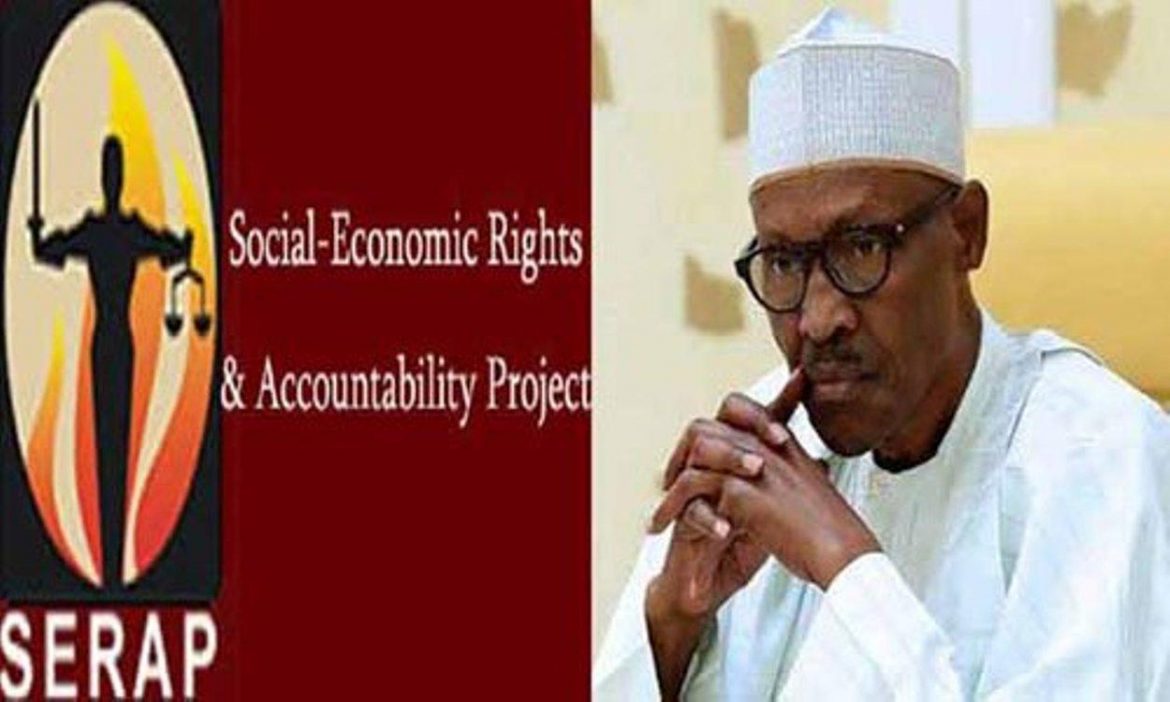In the suit number FHC/L/CS/853/2021 filed at the Federal High Court, Lagos, SERAP is also seeking: “an order directing and compelling the Federal Government to clarify whether the proposed payment to poor Nigerians is part of the N5.6 trillion budget deficit.”
In the suit filed against Ms Sadia Umar-Farouk, SERAP is arguing that “Providing support and assistance to poor Nigerians is a human rights obligation but the programme to spend five-percent of the 2021 budget, which is mostly based on deficit and borrowing, requires anti-corruption safeguards to ensure the payments go directly to the intended beneficiaries, and that public funds are not mismanaged or diverted.”
According to SERAP: “The Federal Government has repeatedly failed to ensure transparency and accountability in the spending of public wealth and resources.”
The suit filed last week on behalf of SERAP by its lawyers Kolawole Oluwadare and Opeyemi Owolabi, read in part: “Transparency and accountability in the programme would improve public trust, and allow Nigerians to track and monitor its implementation, and to assess if the programme is justified, as well as to hold authorities to account in cases of diversion, mismanagement and corruption.”
“Obedience to the rule of law by all citizens but more particularly those who publicly took oath of office to protect and preserve the constitution is a desideratum to good governance and respect for the rule of law. In a democratic society, this is meant to be a norm; it is an apostasy for government to ignore the provisions of the law and the necessary rules to regulate matters”
“The right to truth allows Nigerians to gain access to information essential to the fight against corruption. This is in line with the Government’s anti-corruption strategy of citizen involvement in the fight against corruption. As a positive development strategy, access to information will foster development of democratic institutions in Nigeria.”
“Democracy cannot flourish in the absence of citizen’s access to information. Public officers are mere custodians of public records. The citizenry is entitled to know how the common wealth is being utilized, managed and administered. This right to know will no doubt help in promoting a transparent democracy, good governance and public accountability.”



